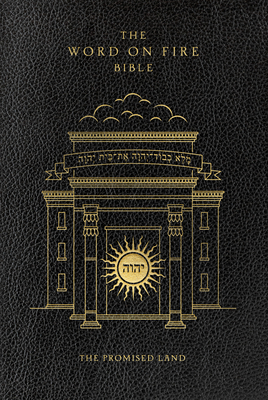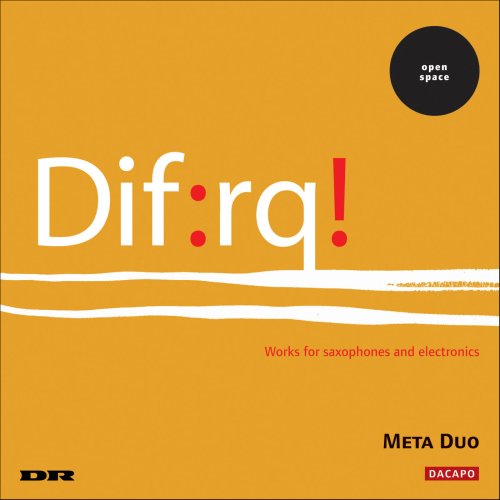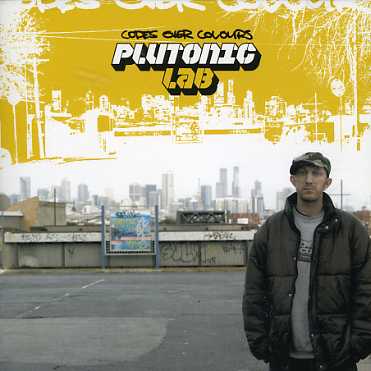
The three most prominent theories in International Relations have long been analyzed and discussed. These theories represent the three pillars on which the theoretical foundation of this scientific discipline was built. Of course, theories can be observed and are developed beyond these three traditions; however, realism, liberalism, and idealism retain their honorable position on the pedestal of the IR theory. This book will engage in the discussion of three works to which theories in the modern International Relations discipline owe much for their insight, namely, Thomas Hobbes's "Leviathan or the Matter, Form & Power of a Commonwealth Ecclesiastical and Civil", John Locke's "Two Treatises of Government", Immanuel Kant's "Perpetual Peace: A Philosophical Essay". These works and their authors accordingly, can rightfully be claimed to represent the three most important theoretical traditions in International Relations - realism, liberalism, and idealism.







